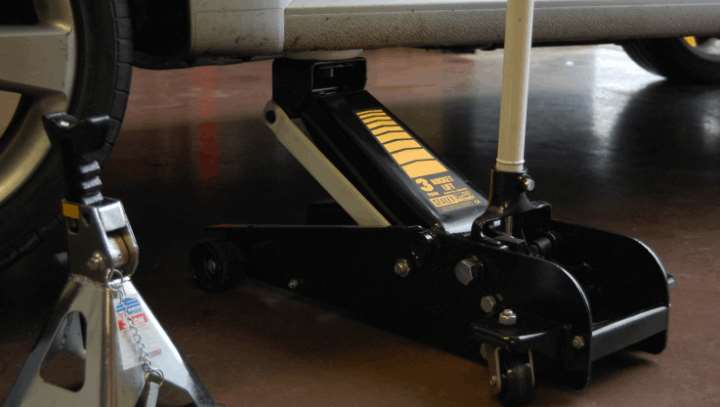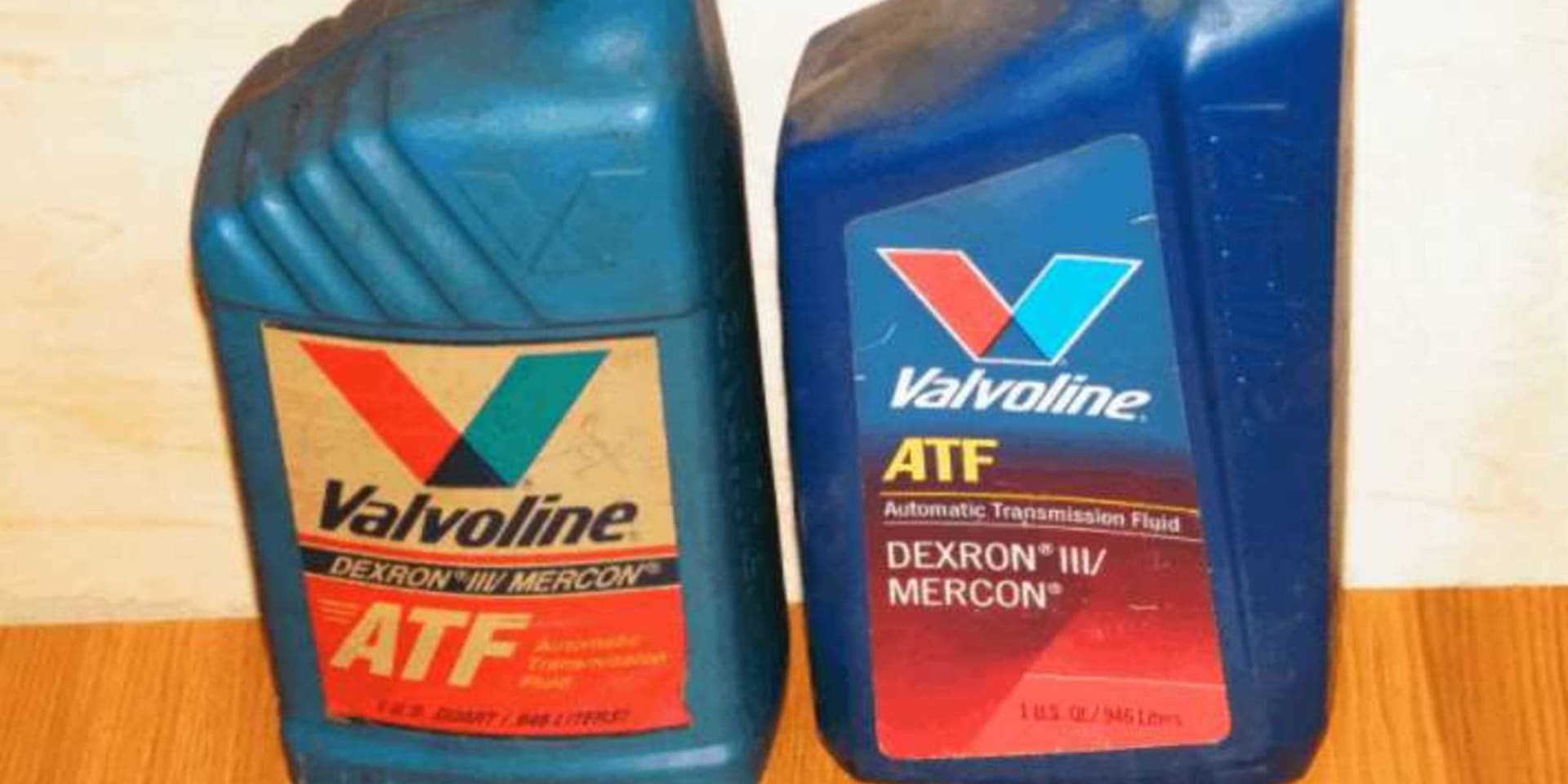Can I Use Hydraulic Jack Oil In My Log Splitter?
A log splitter is a piece of machinery or equipment that is used to break firewood from softwood or hardwood logs that have been pre-cut into pieces using a chainsaw or a saw bench. Log Splitters have their own hydraulic circuit that utilizes the power plant and allows the machine to easily transfer and split wood.
At 40 degree Celsius, hydraulic oil is a non-compressible fluid with viscosity of up to 20,000,000cSt. Hydraulic fluid may be either mineral or synthetic-based. Machines that must withstand high temperatures or be polluted can use synthetic fluid.

Is a Hydraulic Jack Oil effective for log splitters?
Hydraulic jack oil is made to operate in a variety of woodworking devices. Hydraulic jack oil is easy to use and has many advantages over the standard log splitter oil. While hydraulic jack oil is not a substitute for shape oil, it may be used as a substitute when product-filled axles cause wear on other gears or main components. If you have a log in the woods that needs some TLC, a hydraulic jack oil is a perfect little thing to have. If a hydraulic log splitter becomes clogged, it is costly to repair it, as well as to maintain it.
What are the advantages of using hydraulic oil on your log splitters?
Hydraulic oil has a number of benefits when it comes to log splitters. To begin with, apply the oil with the handle against the steed and spread uniformly over the entire surface area of the blade to prevent cuts where the blade strays in the wood. On rough surfaces, the oil coats the steel blades, preventing chips from forming or breaking exposed pieces of wood.
Finally, when the steel blades are mounted side by side, they overlap nicely, causing them to hit each other at various speeds on an uneven surface. There are many benefits of using hydraulic oil on your log splitters. One of the most significant benefits of hydraulic oil is that it provides superior protection. Accidents do happen with log splitters from time to time. Because of the essence of logging, there is always the possibility of an accident.
Many of these incidents can be prevented or reduced by ensuring that the loggers are properly trained using their equipment. The way that logging equipment functions is determined by the materials that are used. Steel, rubber wood, aluminum, bamboo, and rubber tree leaves are among the materials that can be used in the manufacture of loggers. Each of these materials has its own unique characteristics.
What hydraulic oil is recommended for log splitters?
Cold flow, anti-wear (directed fluid flow), and anti-fogging are the three main types of log splitters used for trees. Each of these elements has its own set of uses and characteristics that you should be aware of before deciding whether or not it would complement your tree. All of these components have their own mileage ranking, but there may be differences between brands.
There are some fluids that can be used with log splitters. When operating on a log, each has its own set of applications and characteristics. Mineral oil is the cheapest, but it’s also the most strong. Cold Flow is used when working with hardwoods and logs that have been wetted down after a fire has been extinguished, as the name implies.
When driving over wet terrain, Anti-Wear prevents the lubricant from lubricating the sliding sections, allowing them to wear out even faster. Last but not the least, Anti-Oxidant is the fluid to use when dealing with oxygen-containing woods or tougher woods.
Is hydraulic jack oil the same as hydraulic fluid?
Many people seem to be unsure of the difference between hydraulic jack oil and hydraulic fluid. This question is difficult to answer because there is no conclusive answer on the topic. However, one should be aware that hydraulic fluid and hydraulic jack oil are very similar, with each serving a distinct function.
A hydraulic jack is a mechanism that is used to lift heavy and/or unstable loads such as automobiles or houses. Other hydraulic fluids, such as hydraulic fluid and oil, are also essential parts of general household and building machinery, in addition to jack-type hydraulic machines. Despite the fact that these two fluids have different purposes, they do so in certain respects.
What is the recommended oil for log splitters?
On purchase of a log splitter, you usually get a list of recommendations. The properties required for an oil that’s used in a log splitter depend on the log splitter design. The more your log splitter exposes the engine to ambient air, the more important it is for the oil to protect those parts from corrosion.
This list may include hydraulic oils, gear oils, fuel oils and synthetic fluids. The proper lubricant for your log splitter depends on a number of factors. To keep your machine operating safely and effectively, it’s important to use the correct oil for the job. A favorite with many log splitters owners is 3-In-One oil, a versatile machine oil that can be used in many industries.
The recommended oil should have the following properties – oxidative, thermal stability, non-corrosive, filterable, clean, anti-wear, hydrolytic stability, fire resistant, anti-rust, anti-oxidant, cold flow.



